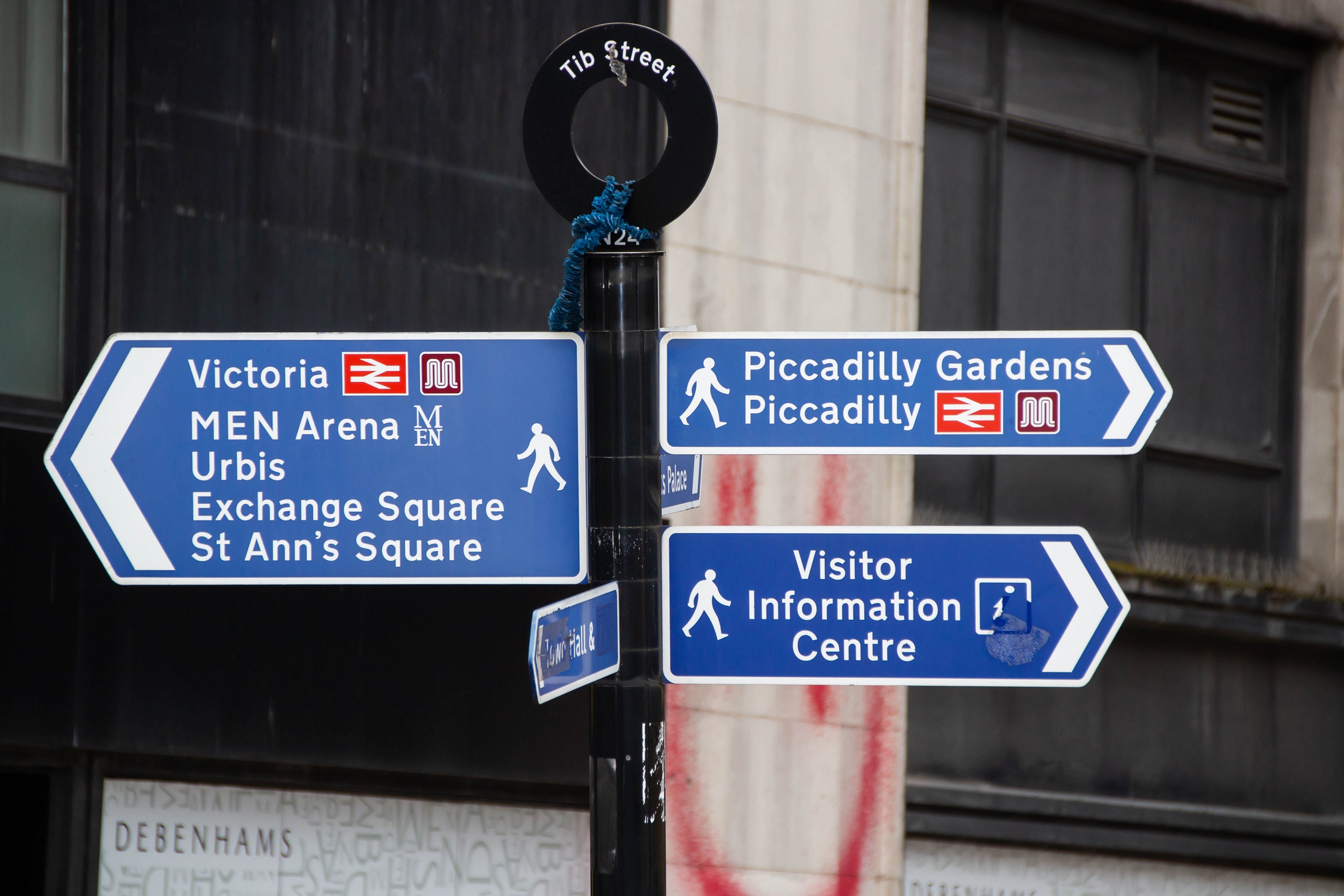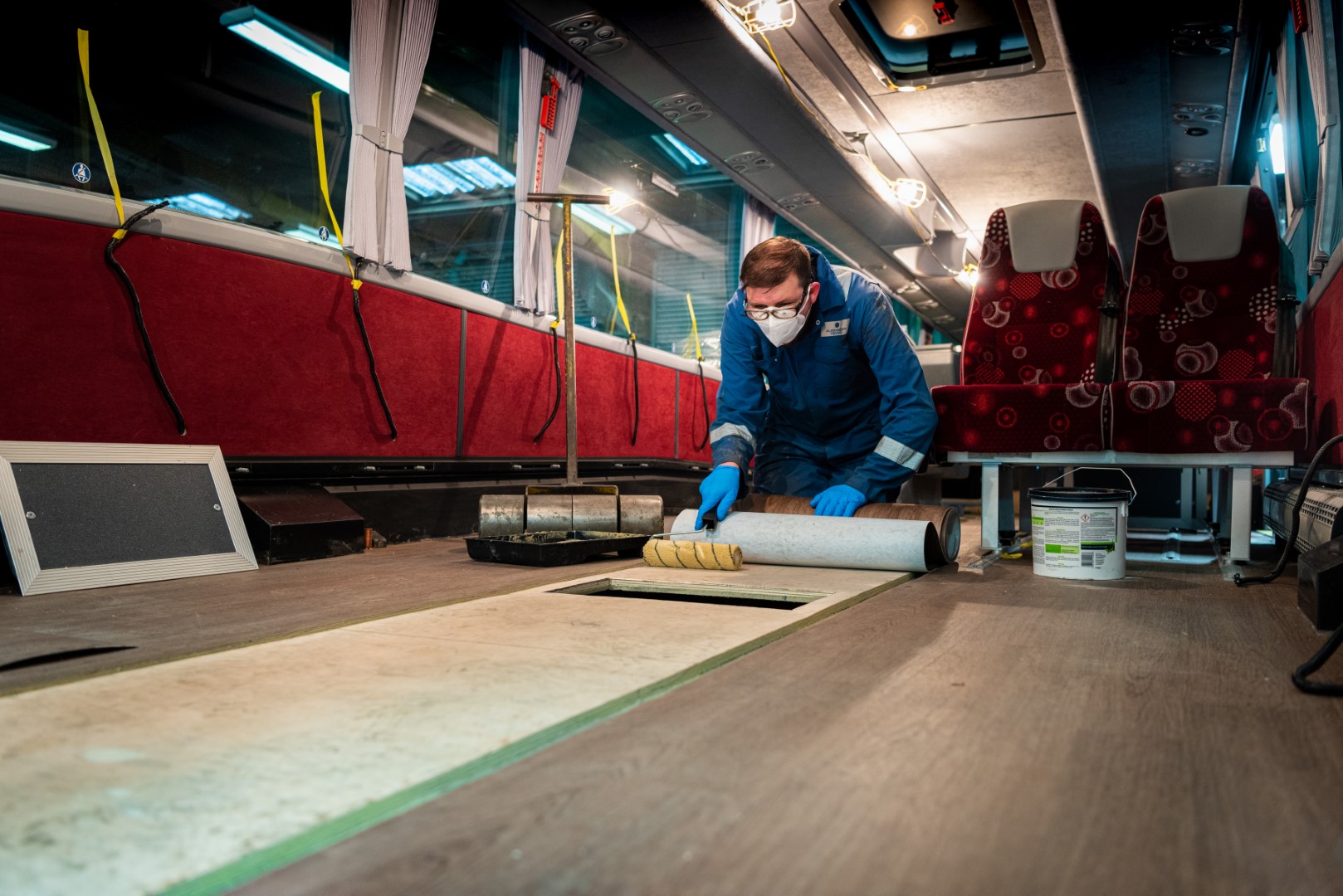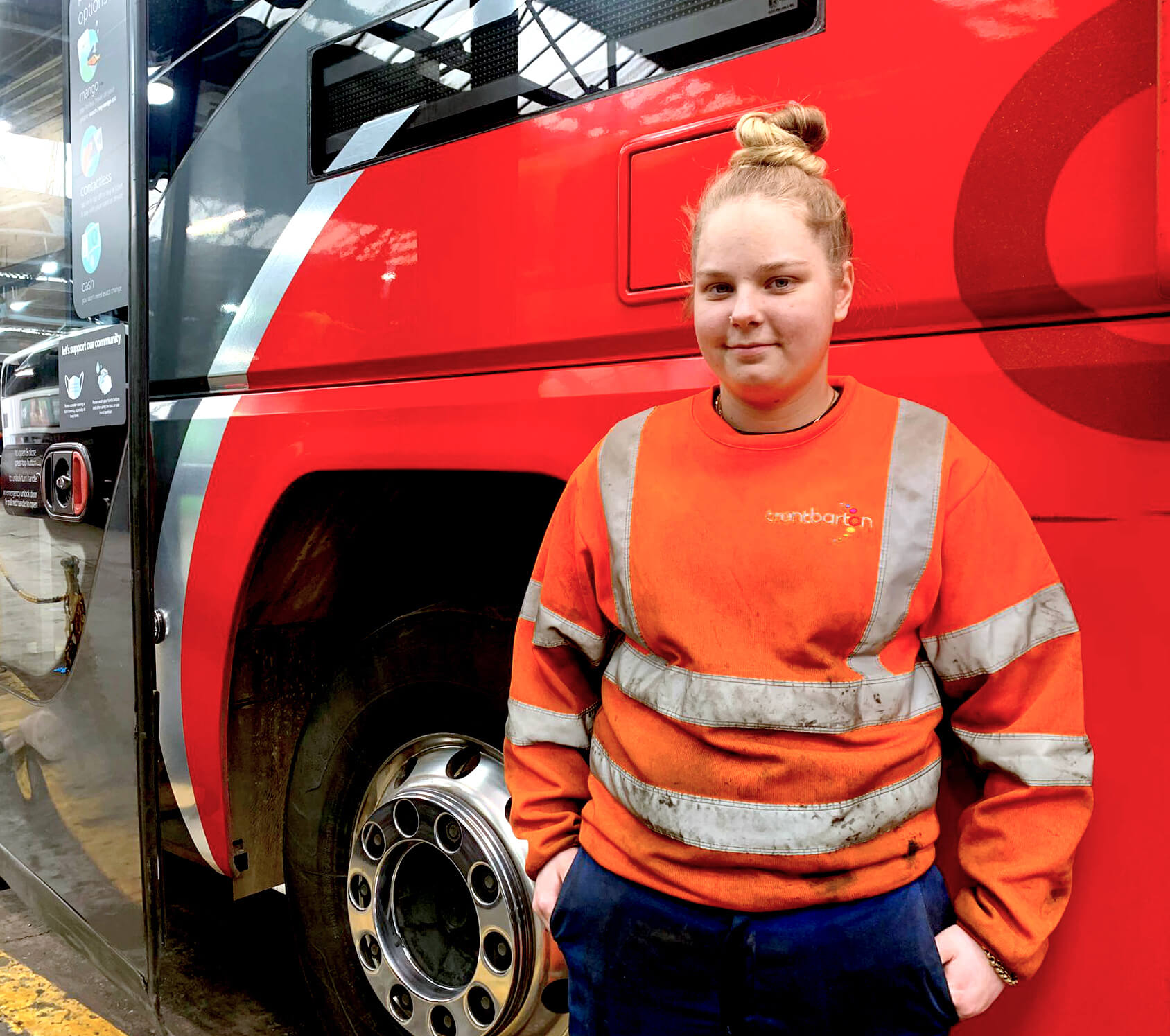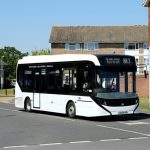Failure by the Greater Manchester Combined Authority (GMCA) and ministers to agree a non-charging approach to meeting air quality requirements in the city region and the adoption of a charging Clean Air Zone (CAZ) would place major stress on some parts of the area’s coach industry and lead at least one operator to close, engagement commissioned by GMCA has shown.
It forms part of ongoing work around the new Clean Air Plan (CAP) that was put to government by GMCA in 2022. That calls for an investment-led, non-charging approach instead of the originally planned charging CAZ, which was suspended before introduction after local outcry.
On 27 February, GMCA’s Air Quality Administration Committee (AQAC) underlined how the new CAP, which is heavily targeted at the most polluting vehicles and the most polluted areas, remains its favoured way of achieving compliance with legal air quality levels. As part of its work on the Plan, GMCA acknowledged the hardship that a charging CAZ would pose for many local businesses.
Charging CAZ would see one Manchester operator close
The importance to some parts of the coach industry of the non-charging approach laid down in the CAP is illustrated by the engagement exercise. It utilised a survey and a smaller number of in-depth interviews. One coach operator involved in the latter process told GMCA’s consultants that a charging CAZ would see it forced to close its business.
Results of the survey show that many respondents have chosen not to upgrade or replace non-Euro VI coaches until confirmation around the CAP outcome is forthcoming, although one noted that the pandemic had put its fleet upgrade plans back by “years and years.” Requirements around PSVAR are a further complication, it was added.

Further responses showed that a clear government plan, including grant funding, would assist in the uptake of battery-electric coaches.
Infrastructure is a further key to that, with one participant observing that uncertainty over charging provision is a concern.
Funding for the upgrade of coaches to Euro VI via retrofit or replacement – for which £4.6 million was allocated by the government as part of the aborted Greater Manchester CAZ – did not open as planned in 2022 and thus none of that money has been spent.
GMCA wants all such already-agreed financial support for CAZ aims to be carried over to support its new CAP under the latter’s investment-led foundation. 90% of coach operator respondents to the GMCA survey said that they would apply for it under the non-charging approach promoted by the CAP.
New Clean Air Plan ‘lacks evidence and detail’: Minister
The Plan is currently under review by the government. Perhaps ominously, in late January Minister for Environmental Quality and Resilience Rebecca Pow described it as lacking evidence and detail and inadequately describing how air quality requirements would be achieved in the shortest time possible.
Ms Pow’s letter to Mayor of Greater Manchester Andy Burnham and Greater Manchester Portfolio Lead for Clean Air Cllr Eamonn O’Brien also raises the prospect of a small CAZ in central Manchester and Salford, although that is cited as something to be benchmarked against the new CAP rather than as a definite proposal.
In a sign that full clarity on the long-term position is some way off, GMCA expects to submit the necessary modelling for that smaller CAZ “by the end of June.” The new CAP cannot be fully reviewed by the government until that task is complete.
Zero-emission bus deployment critical to new GMCA aims
Papers released ahead of the 27 February AQAC meeting have revealed the scale of importance to the new CAP succeeding that GMCA has placed on large scale zero-emission bus deployment. That are key to the city region achieving mandated air quality standards without need for a charging CAZ.
GMCA has ordered 100 BYD ADL Enviro400EV battery-electric double-deckers for franchised services. 170 other battery-electric buses part-funded by the Zero Emission Bus Regional Areas scheme will be delivered to Stagecoach Manchester for use in Stockport.
Growing the zero-emission content of the city region’s bus fleet is one of four central planks in the CAP. The other three involve focusing on the most polluted areas; targeting funding at the most polluting vehicles; and what are described as “local policy changes.”
Papers from the AQAC meeting on 27 February note that air quality exceedances will become “more localised in 2025 and 2026,” allowing such targeted action to succeed.



























